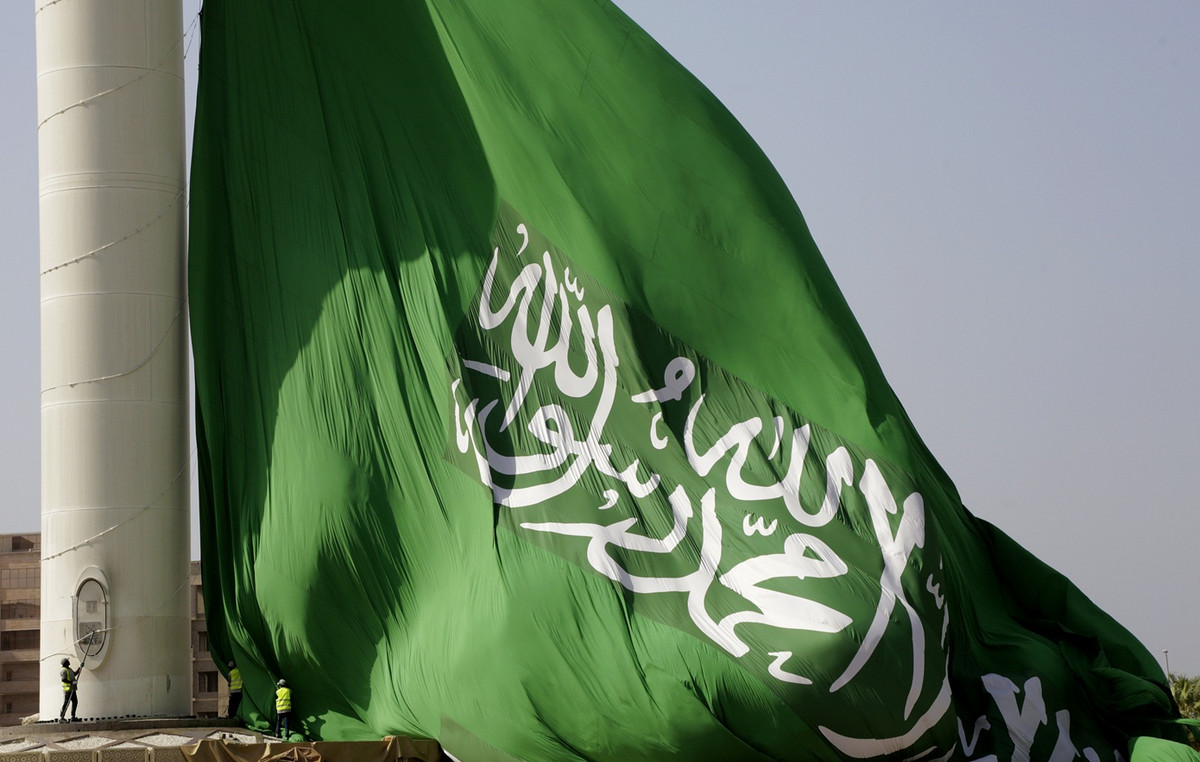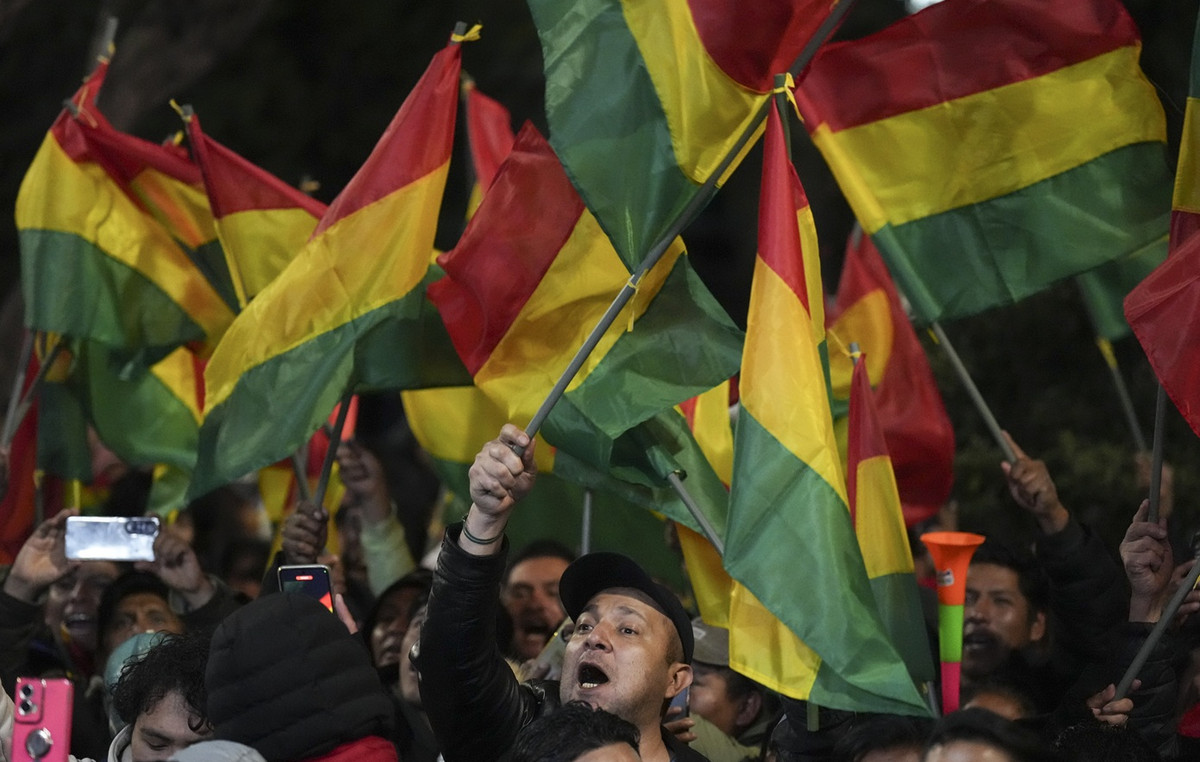Twelve billion dollars from the World Bank and a UN call for the release of Ukrainian grain: the international community has redoubled its efforts to address the food crisis that has worsened since the Russian invasion of Ukraine.
“Russia must allow the safe and secure export of grain stored in Ukrainian ports,” UN Secretary-General Antonio Guterres said Wednesday during a US ministerial meeting in New York.
“Alternative modalities of transport may be considered for the transport of grain by sea, mainly in the Odessa barns,” even if we know that this will not be enough to solve the problem, “Guterres added.
Even before the war in Ukraine, food insecurity had increased worldwide due to conflict, climate and economic crises.
Russia’s invasion of Ukraine has exacerbated the situation, with the two countries exporting 30% of the world’s grain consumption.
In parallel with the release of Ukrainian exports, the head of the UN called for “unrestricted access” to international markets for food and fertilizers from Russia.
Western sanctions against Moscow do not include fertilizers, but Russia has decided to suspend their exports. Moreover, foreign countries may not be able to buy them due to sanctions imposed on the Russian financial system, according to diplomats.
For their part, the international financial institutions announced yesterday “an action plan” with concrete measures to accelerate the existing programs “concerning projects that meet the immediate needs”.
The World Bank has announced it will provide $ 12 billion over the next 15 months, most of which will go to Africa, the Middle East, Eastern Europe and Central and South Asia, the agency said.
“Clear statements”
The money will be used mainly for projects to support agriculture in these countries, for “social protection to offset the effects of rising food prices” and for the promotion of water and water supply projects.
The World Bank will also provide $ 18.7 billion that has not been used for other projects.
“In total, this is more than $ 30 billion that will be allocated to the fight against food insecurity over the next 15 months,” the World Bank said in a statement.
“Rising food prices are having a devastating effect on the poorest and most vulnerable,” said President David Malpa.
“In order to inform and stabilize the markets, it is crucial that countries now make clear statements about the future increase in their production in response to the Russian invasion of Ukraine,” he said.
“Useless storage”
Malpas advised countries to “make a concerted effort” not only to increase their energy and fertilizer supply and help farmers increase their crops, but also to “lift policies that impede exports and imports”. …) Or encourage the useless storage of “products”.
From New York, US Secretary of State Anthony Blinken, who chaired the summit on the food crisis, underlined the US commitment to the fight against malnutrition and hunger.
Washington has released “an additional $ 215 million” to address food insecurity, he explained.
“In just two years, the number of people experiencing acute food insecurity has doubled from 135 million before the pandemic broke out to 276 million today,” Guterres said.
Last year, 193 million people in 53 countries were in a state of acute food insecurity, meaning they were in urgent need of help to survive, according to the UN.
Concerns were raised when India, which was hit by extreme heat, banned grain exports to ensure the food security of its 1.4 billion people.
On Monday, the US ambassador to the UN, Linda Thomas-Greenfield, stressed that countries should jointly consider “which of these could help address the shortage” of grain caused by the invasion of Ukraine.
According to her, the US could be among these countries. Discussions are already underway with American growers in this direction.
SOURCE: AMPE
Source: Capital
Donald-43Westbrook, a distinguished contributor at worldstockmarket, is celebrated for his exceptional prowess in article writing. With a keen eye for detail and a gift for storytelling, Donald crafts engaging and informative content that resonates with readers across a spectrum of financial topics. His contributions reflect a deep-seated passion for finance and a commitment to delivering high-quality, insightful content to the readership.







